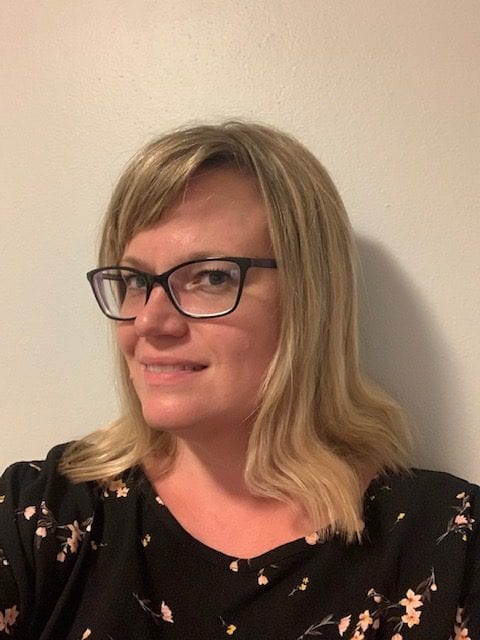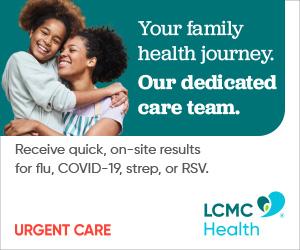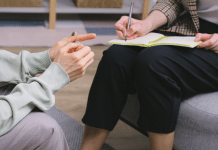It’s something you might say to a grieving friend, a stressed-out family member, or a social media acquaintance. You might temper it with a “maybe” or you might use the more oblique suggestion: “maybe you should talk to someone.” In these trying, Covid-ridden times, where nothing is certain and days flow into endless days, I prefer to be blunt.
You need a therapist. We all do.
I’ve had a therapist off and on for a large part of my life, long before anyone had heard of the term “COVID-19.” I first saw a counselor at age 15 shortly after my parents got divorced. I was reluctant to go, aware of the societal stigma, even as a teenager. I spoke very little during that first visit and spent a lot of time studying the patterns on the office carpet. Somehow the counselor inferred that I was upset about my family situation, especially about the lack of control in my life. She told me that my life was a rough draft, and that it would be edited and revised hundreds of times. In other words, it was okay if my life wasn’t perfect or figured out. It was evolving. Although I didn’t attend another session until many years later, this idea stayed with me and brought me some peace (and continues to do so to this day).
I returned to therapy again in college, then also as a new mother, and then again last year. The impetus for these visits has always been stress, anxiety, and the need for fresh perspective. My body and mind have become accustomed to “fight or flight” mode, especially as a busy teacher and mother.
I’m not saying you’re exactly like me. But I’m willing to bet you are now more stressed, anxious, and/or depressed than you have been in a while. Many parents I talk to admit to being consumed by anxiety and depression with the thought of their children returning (or not returning) to school. Teachers feel powerless, kids miss their friends, families a short drive away feel worlds apart. If you’re not feeling these strains, great! But you might still need a therapist— just as you need a dentist, primary care physician, and a gynecologist, whether you are sick or well.
I talk to my current therapist via video chat every few weeks. One idea we continually revisit is the expression “you can’t see the forest for the trees,” a proverb originally written by English writer John Heywood in 1546. When you’re stressed and overwhelmed, you’re in the forest. Trees are all around you. Trees are the stressors– the unpaid bills, spousal arguments, childcare struggles– in the way, blocking out light. Talking to someone not actively in your forest (life) about these trees gives you clarity. It helps you knock down some trees, chart a way out, and, eventually, gain a bird’s eye view on your messy but beautiful, forested world.
Through therapy, I am learning to navigate my way around stressors, accept them, and take charge only of what I can. I can’t control where, when, and how tall most trees grow, or how far they’ll lean in my way. But I can control how the trees and the forest make me feel, and how I approach various obstacles in my path.
My therapist also recommends making lists. She recently suggested I make a list of what I can and cannot control, paying attention to how much time I’m spending on the “cannot” side. Focus on the “can.” It’s constant work, but it’s a meaningful map that I truly feel will help me find my way out of the forest.
Coronaquarantine has been a unique challenge because there’s more on the “cannot” side than ever before. Talking to someone can help you lift these weights off your shoulders, make some sense of branches cluttering your way.
Getting another camera ticket, finding a huge cracked pipe behind your wall, not knowing how to entertain your kids for another Covid summer day– these are all little stressors that add up in a big way. Admitting that you’re in the forest and need help is hard. I’ve been in a cycle of denying it and re-acknowledging it since that first therapy visit as a teen. Now as I creep towards age 40, I’m accepting it. I need a therapist for my mental health and wellness. I strongly believe that we all could use some help navigating our way through the woods.
 Where to go for help
Where to go for help
The following public resources offer counseling and mental health services in our area. Many of these resources are free, while others accept health insurance, Medicare, and/or Medicaid.
- Call 2-1-1 for help with food, housing, employment, health care, counseling, and more.
- National Alliance on Mental Illness (NAMI) (800) 950-6264
- Ochsner- 1514 Jefferson Hwy, Nola. (504) 842-4025
- Daughters of Charity- 3201 S. Carrollton Ave., Nola. (504) 482-2080
- Jewish Family Services- 1426 Amelia St., Nola. (504) 831-8475
- Trinity Counseling Center- 2108 Coliseum St., Nola. (504) 522-7557
- Family Service of Greater New Orleans- 2515 Canal St. Ste. 201, Nola. (504) 822-0800.
There are also many private counseling services in our area, but these tend to be much more expensive and few accept health insurance.
About Brittney
 Brittney Dayeh grew up in the Catskills of Upstate New York but considers herself a New Orleanian. She moved to New Orleans in 2006 with her husband, whom she met while teaching English in Japan. She immediately fell in love with the culture, history, and vibe of this city. Brittney teaches third grade social studies at a local public school and lives in Algiers with her husband, who is also a local teacher, and her two children, ages 11 and 7. She has a passion for children’s literature and Louisiana history, dreams about kayaking with manatees, and now loves to run.
Brittney Dayeh grew up in the Catskills of Upstate New York but considers herself a New Orleanian. She moved to New Orleans in 2006 with her husband, whom she met while teaching English in Japan. She immediately fell in love with the culture, history, and vibe of this city. Brittney teaches third grade social studies at a local public school and lives in Algiers with her husband, who is also a local teacher, and her two children, ages 11 and 7. She has a passion for children’s literature and Louisiana history, dreams about kayaking with manatees, and now loves to run.
















